One Water Governance
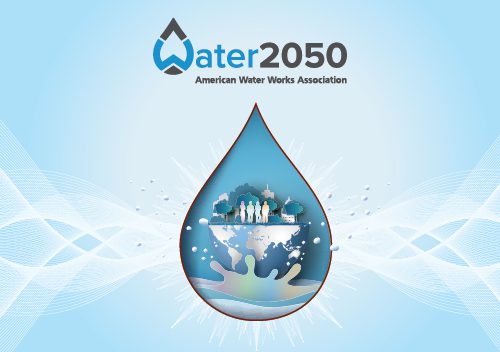

Overview
The One Water Governance Strategic Implementation Team (SIT) is focused on promoting smart governance and scaling solutions regionally, paving the way for a water sector that’s not only sustainable but thriving for future generations. We believe effective governance and economies of scale are foundational to sector growth and innovation, creating a future where water is more reliable and accessible than ever before.
Governance Structure
We’re evaluating governance structures across North America to identify structures that support effective water management and ensure that all utilities thrive.
Regionalization
We’re developing a regionalization implementation plan, supported by case studies, to help utilities leverage economies of scale and maximize their resources.


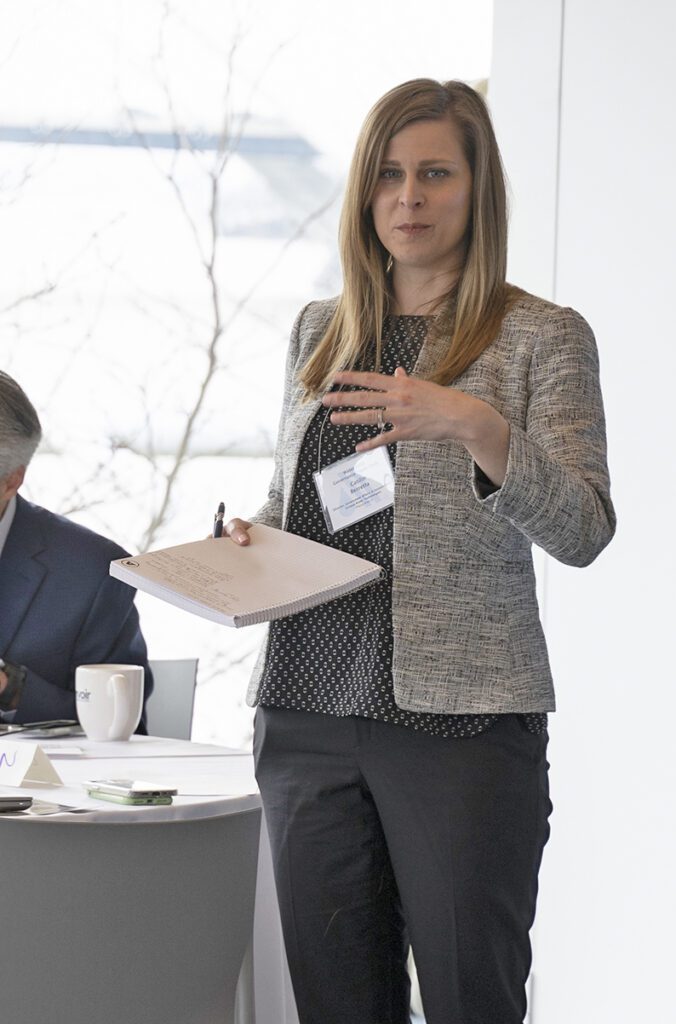
Water 2050: One Water Governance
The envisioned world of 2050 will include:
- A holistic approach with a national water governance framework that reconciles the competing priorities of entities (i.e., water, wastewater, energy, etc.) that currently operate in separate paradigms — to achieve a common water goal.
- Fully engaged and empowered communities that view water as a part of their identity and that can influence key water policy.
- Water and utility providers as part of the economic and infrastructure growth plans, integrating sustainable practices across our communities.
- Multilateral and cooperative water governance approaches, that underscore widely accepted fit for purpose standards.
- Regionalization of water utilities around watersheds.
Recommended Actions
The short-term recommended actions for the One Water Governance Strategic Priority include:
- Integrate management of drinking water, wastewater, reuse, and energy utilities (could include telecom).
- Encourage national governance structures with a One Water focus and regulatory frameworks that include diverse stakeholders.
- Achieve economies of scale of water systems through consolidation and operational efficiencies.
Resources


Water Governance for a Better Future
Who will be in charge of water in 2050? Future water utilities, as well as the governance and regulation of water, will probably look different from today.
See All Water 2050 Videos
Advertisement
Water 2050 Think Tank Reports
Governance Think Tank:
A diverse group of influential thinkers from within and outside the water community developed nine recommendations for the future of water governance – including core principles frameworks and approaches – to assure a successful and sustainable water future in the fourth think tank report of the Water 2050 initiative.
The 27 participants in the Water 2050 Governance Think Tank, which took place Feb. 27-Mar. 1, 2023, at the Reservoir Center for Water Solutions in Washington, D.C., included highly respected voices from the water and wastewater utility community, regulatory agencies, international development agencies, manufacturing and consulting firms, advocates, academics, and CEOs.


Governance Think Tank:
Reservoir Center For Water Solutions, Washington DC, February 2023
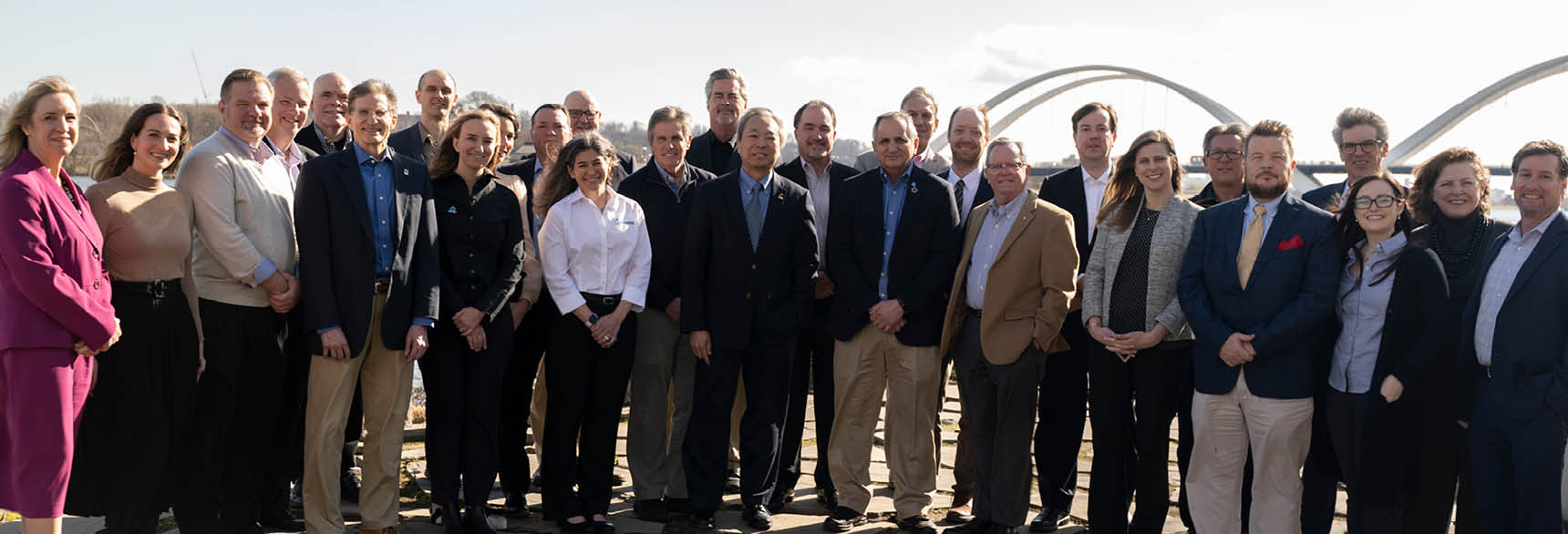
Participants

Caitlin Berretta
Director, Government Affairs and Sustainability Evoqua Water Technologies

Chelsea Boozer
Government Affairs Manager Central Arkansas Water

Alain Borghijs, Ph.D.
Deputy Representative, North American Representative Office Asian Development Bank

Adam Carpenter, Ph.D.
Manager of Energy and Environmental Policy, AWWA

Marcus Firman
Director AWWA Ontario Section

Maury Gaston
Manager of Marketing Services AMERICAN Cast Iron Pipe

David Goldwater
Vice President Stantec
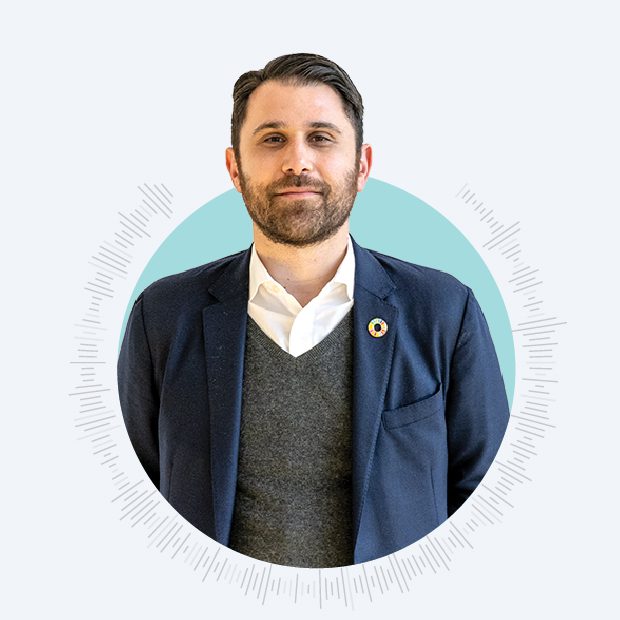
Adam Roy Gordon
Interim Executive Director United National Global Compact Network USA

Ben Grumbles
Executive Director Environmental Council of the States (ECOS)

Stephanie Estabrook
Project Engineer Woodard & Curran

Joe Jacangelo, Ph.D.
Vice President Director of Research Stantec

Keith Kohut
Process Engineer Associated Engineering Ltd

Adam Krantz
CEO National Association of Clean Water Agencies (NACWA)

David LaFrance
CEO AWWA

Ken Lykens
General Manager Meridian Metropolitan District

Paula MacIlwaine
Deputy CEO AWWA

Josh Mahan
Director, Government and Industry Relations Xylem

Barb Martin
Director of Engineering and Technical Services AWWA

Brenley McKenna
Chief of Subscriber Services The Water Research Foundation

G. Tracy Mehan III
Executive Director, Government Affairs AWWA

William F. Moody
Director, Bureau of Public Water Supply Mississippi State Department of Health

Shannon Murphy
VP GM Aquamor

Kate Nutting
General Manager, Southwest District Golden State Water Co

Andy Richardson
Board Chairman Emeritus Greeley and Hansen
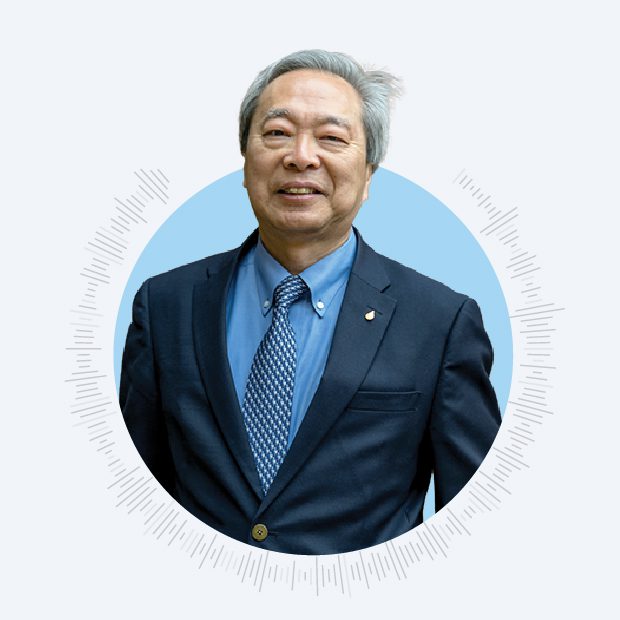
Chi Ho Sham, Ph.D.
Past President, AWWA Independent Consultant

Claudio H. Ternieden
Senior Director, Government Affairs and Strategic Partnerships Water Environment Federation (WEF)

John Young
Sole Member John S. Young JR, LLC

